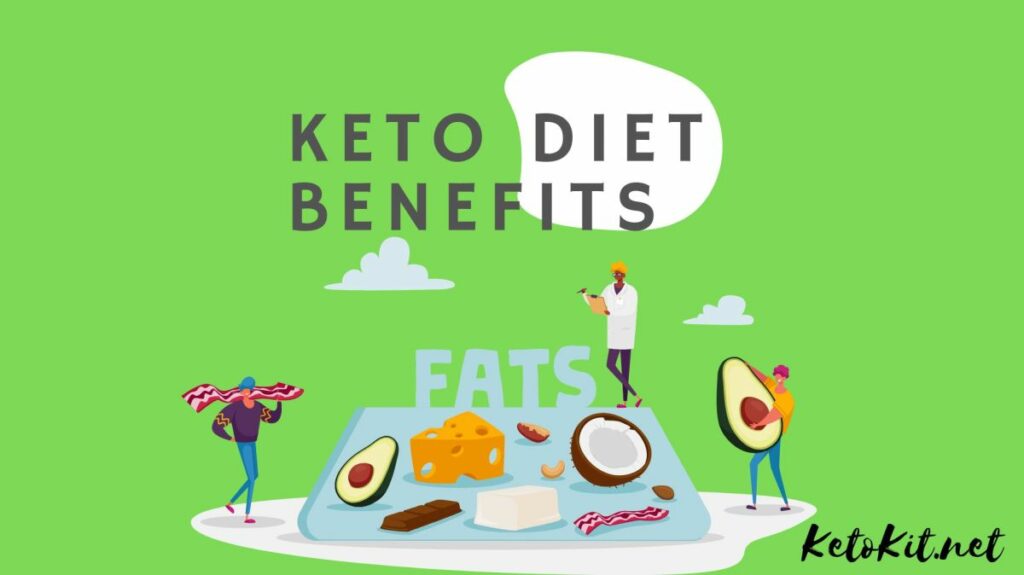The ketogenic diet has been making waves in the world of nutrition and health recently. It is one of the hottest and fastest growing trends in the fitness world. You might be very familiar with the ‘keto way of eating’ which is high in fat, moderate in protein, and low in carbohydrates.
According to the CDC, obesity rates have more than doubled in adults and tripled in children since the 1970s. And with obesity only further growing into a global crisis, people around the world are desperate to find a diet plan that helps them shed the pounds fast. And for many people, keto may be just the answer they're looking for.
The keto diet has been eclipsing other trendy diets such as Paleo and Whole30. According to Google Trends, searches for “keto diet” are now at an all-time high. HealthReporter states, in 2020, “keto” was the most Googled food-related topic globally, with 25.4 million searches.
While the keto diet was originally developed as a therapeutic diet for treating epilepsy in children, it has now gained a following among people looking to lose weight and improve their health. Studies have shown that the keto diet can lead to weight loss and improved metabolic health, and there is growing interest in its potential to treat other conditions such as type 2 diabetes and Alzheimer's disease.
However, the diet is not without its criticisms, and some experts argue that it is not a sustainable or healthy way of eating in the long term. Nonetheless, the popularity of the keto diet shows no signs of slowing down, particularly among younger adults. According to HealthReporter, the ketogenic diet market is predicted to reach a global value of USD 15.6 billion by 2027. Which is HUGE!
U.S news Health states that you will be consuming the following on the keto eating regimen:
- Fat: Around 55% to 60% of your diet.
- Protein: About 30% to 35%.
- Carbohydrates: Around 5% to 10%.
Still confused about the benefits that the Keto Diet has to offer you? Below listed are 10 proven benefits of the Diet that would definitely change your mind.
1. Support Weight Loss
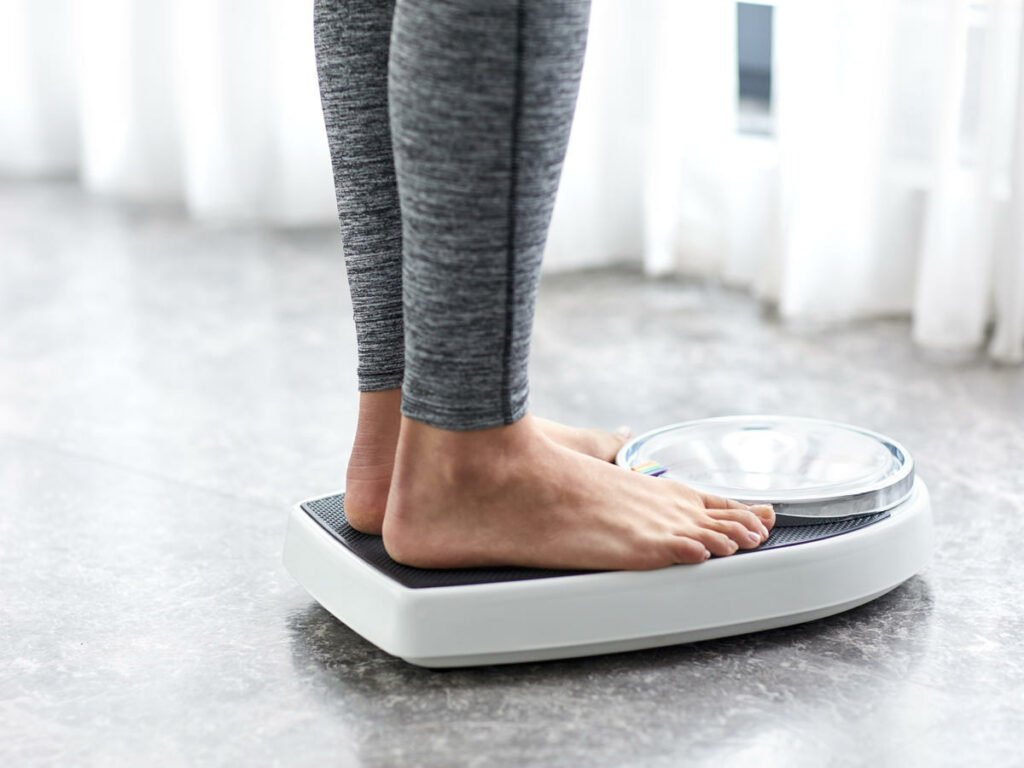
Did you know that the hashtag ‘keto’ has appeared in over 21 million Instagram posts? Well that’s right.
Obesity is a problem that has been on the rise in recent years. According to WHO, 1.6 billion adults worldwide were overweight in 2016, with 650 million obese. Thanks to awareness campaigns and the growing availability of information, people are now more aware of the dangers of being overweight.
As a result, many are turning to the keto diet in an effort to lose weight. This high-fat, low-carbohydrate diet has been shown to lead to weight loss. The diet forces the body to burn fats rather than carbohydrates.
Besides promoting weight loss, a ketogenic diet has also been shown to improve insulin resistance and blood sugar control. This makes it an ideal diet for people with diabetes or prediabetes.
2. Help Reduces Blood Sugar Levels

This diet has shown to help reduce blood sugar levels. When blood sugar levels are high, the body goes into a state of ketosis, in which it breaks down fat into ketones and uses them for energy. This process can help to lower blood sugar levels and improve insulin sensitivity.
Consequently, the keto diet may be an effective way to manage diabetes and other conditions that are associated with high blood sugar levels.
3. Helps with PCOS & Fertility in Women
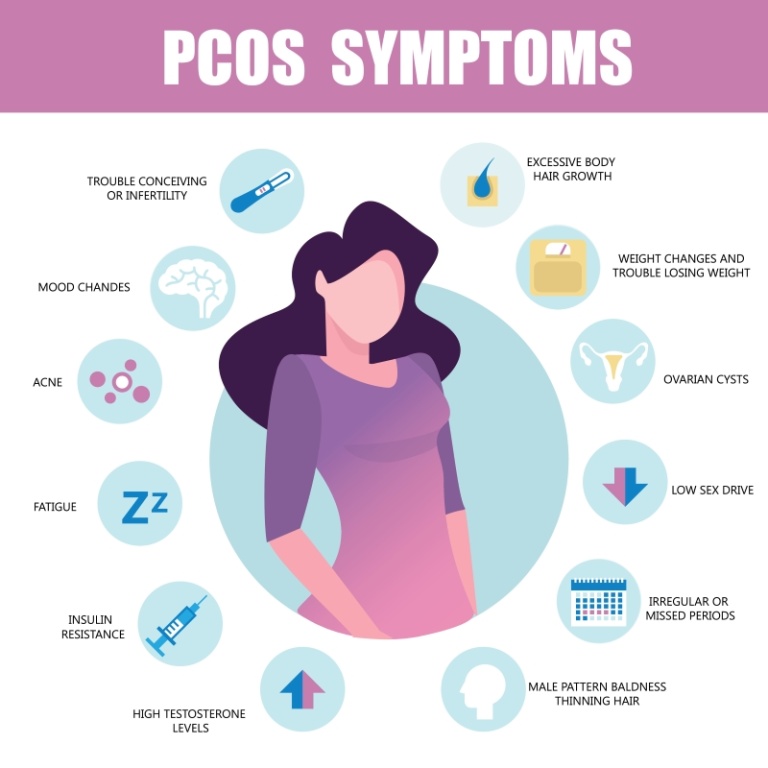
PCOS, or polycystic ovary syndrome, is a common hormonal disorder that affects women of childbearing age. The symptoms of PCOS can vary, but they often include irregular periods, excess hair growth, and difficulty conceiving.
PCOS is also associated with a number of health risks, including type 2 diabetes and cardiovascular disease. While there is no cure for PCOS, lifestyle changes like following a ketogenic diet can help to manage the symptoms and reduce the health risks associated with the condition.
The diet helps to regulate blood sugar levels and promote weight loss. In one study, women with PCOS who followed a ketogenic diet for six months had improvements in their hormone levels and insulin sensitivity.
Follow-up studies have also shown that a ketogenic diet can help to improve fertility in women with PCOS. While more research is needed to understand the exact mechanisms by which a ketogenic diet helps to improve PCOS symptoms, there is no doubt that this eating pattern can be an effective treatment for this common condition.
4. Helps Improves Brain Function
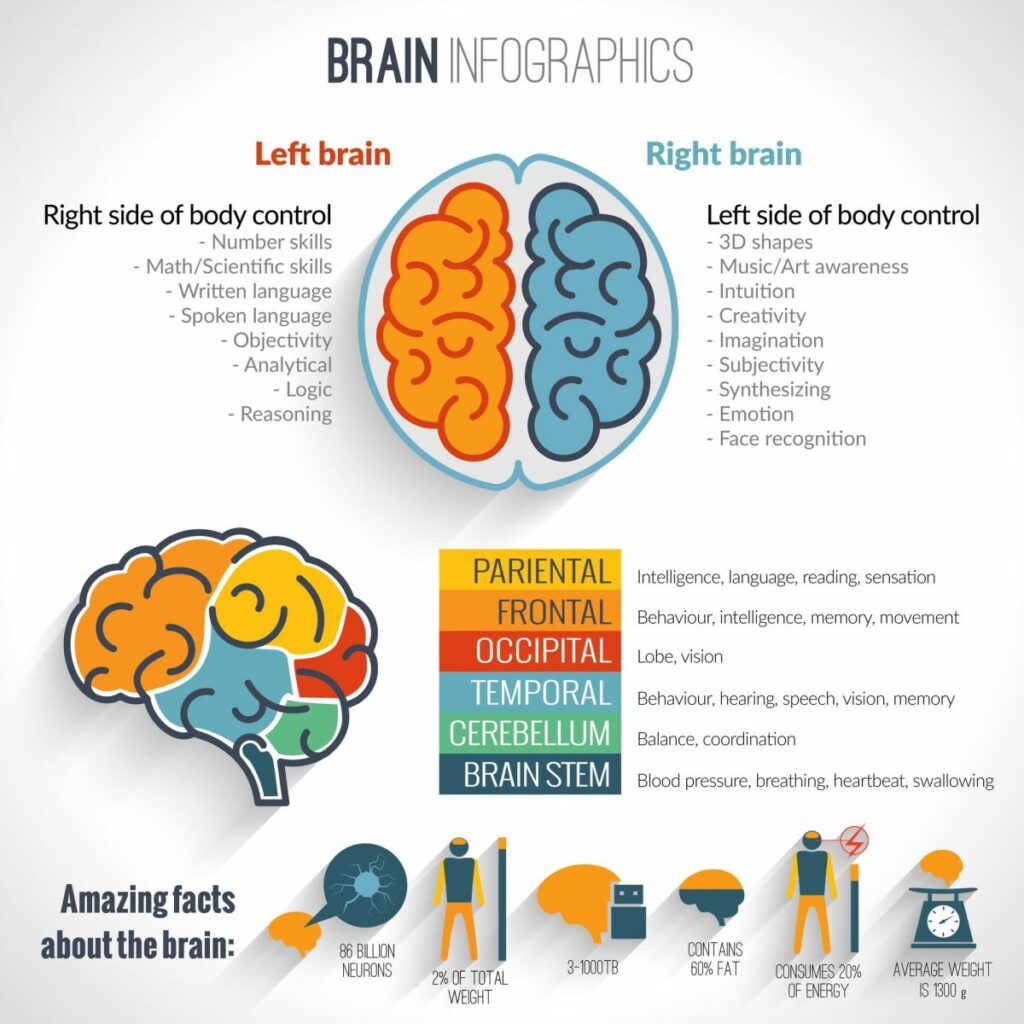
One of the most promising potential benefits of the keto diet is its ability to improve brain function. Studies have shown that the keto diet can help to increase levels of ketones in the brain, which are known to be beneficial for cognitive function.
In addition, the keto diet can help to decrease inflammation in the brain, which has been linked to a variety of neurodegenerative disorders. Furthermore, the diet can help to improve mitochondrial function, which is important for energy production in the brain. Taken together, these studies suggest that the keto diet may be a valuable tool for improving brain function.
5. It Is Proven To Be A Natural Treatment For Acne
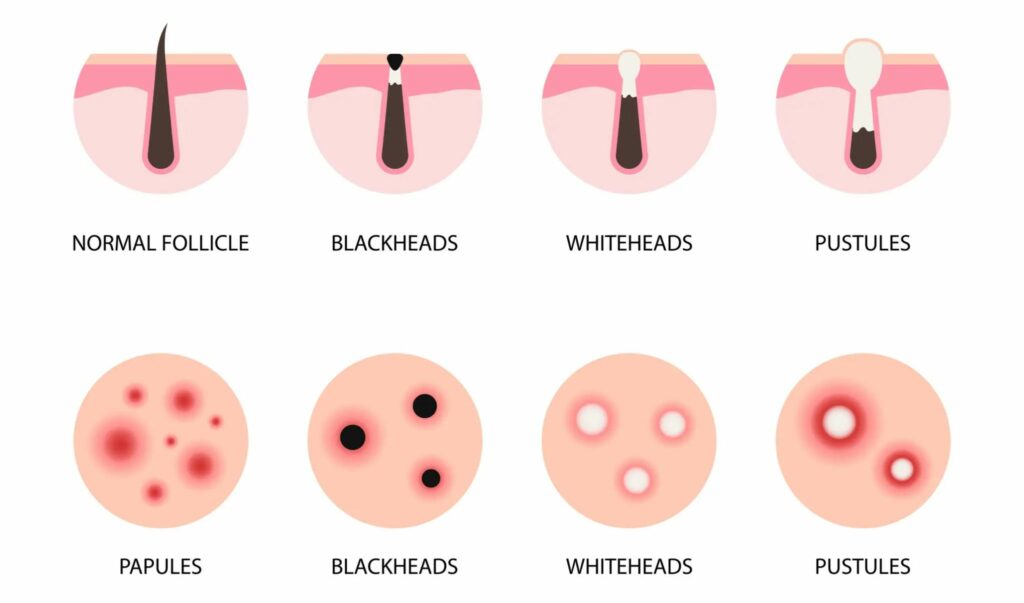
There is growing evidence that the ketogenic diet can help improve acne. It helps to reduce inflammation throughout the body and can also help to regulate hormone levels, which play an important role in reducing acne breakouts.
The diet also helps improve gut health, which results in reducing inflammation and improving skin health. While more research is needed to confirm these benefits, the keto diet is emerging as a promising natural treatment for acne.
6. It Has Positive Effects On Sleep Quality

Recent research has shown that the keto diet can have positive effects on sleep quality.
One study found that people who followed a keto diet for two weeks reported better sleep quality than those who didn't change their diet. The improved sleep quality was likely due to the lower levels of inflammation in the body, which can interfere with sleep.
In addition, the keto diet can help to stabilize blood sugar levels, which can also impact sleep quality. If you're struggling with getting a good night's sleep, you may want to consider trying the diet.
7. Lowers Blood Pressure Levels

Cutting out carbohydrates from your diet can help reduce your blood pressure and can help reduce your risk of many common diseases.
Experts say that the keto diet can also help lower blood pressure levels and improve hypertension. One study showed that after eight weeks on the keto diet, patients with hypertension had significantly lower systolic blood pressure levels than those who were not on the diet.
As mentioned above, the diet helps lower blood pressure by reducing inflammation and improving insulin sensitivity. This, in turn, can lead to a reduction in salt retention and fluid retention, which can help to lower blood pressure.
8. Treatment For Epilepsy
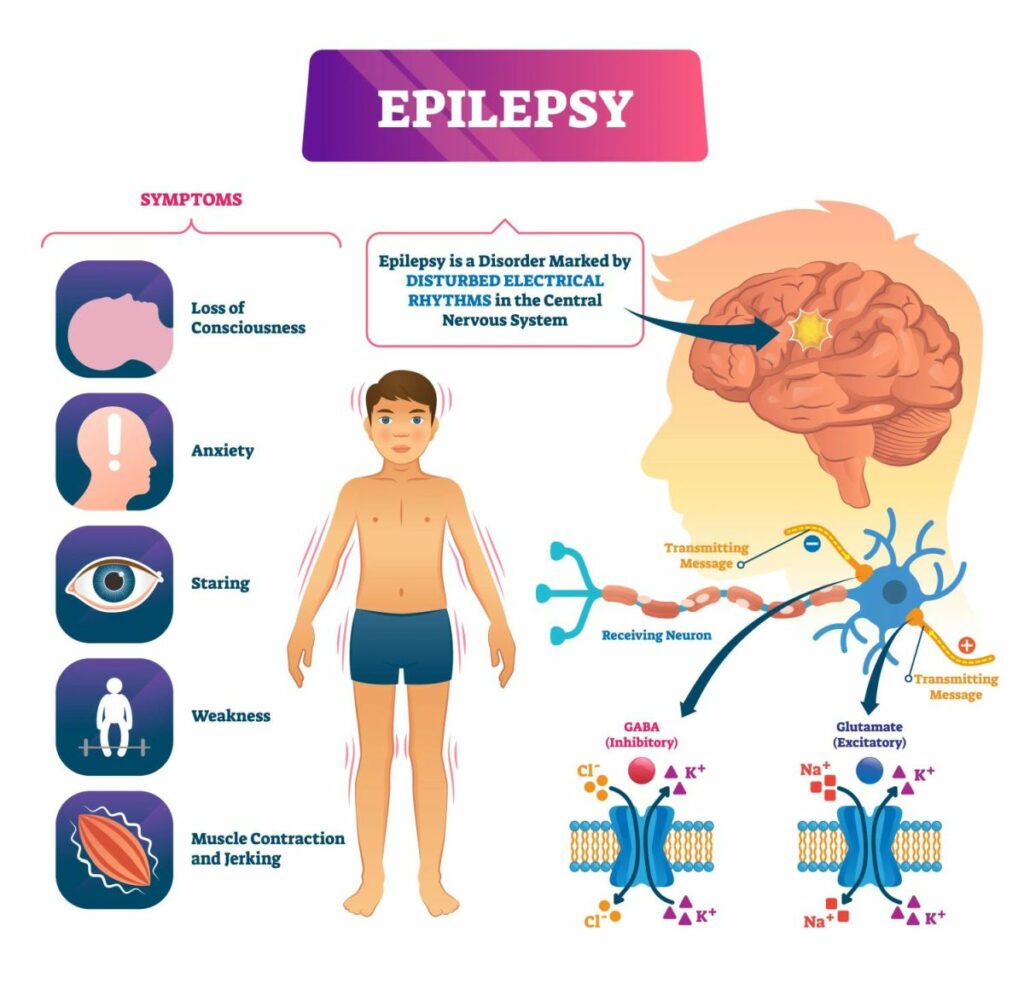
Did you know that the keto diet was originally introduced in the 1920s as a potential treatment for epilepsy in children? Well, that’s right. This diet changes the way the body uses energy and causes the body to burn fat instead of carbs for fuel. The ketogenic diet was first used to treat epilepsy in children.
9. Lowers Triglyceride Levels
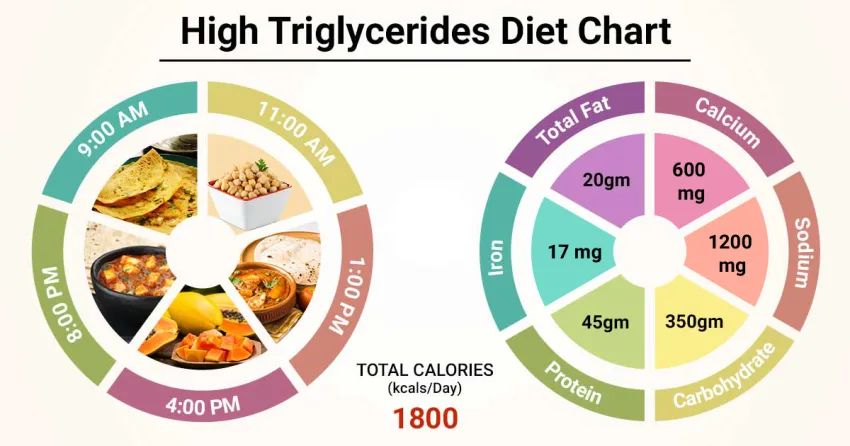
Triglycerides are a type of fat found in the blood. High levels of triglycerides can increase your risk of heart disease, stroke, and other health problems. The ketogenic diet has been shown to lower triglyceride levels in many people.
The production of ketones helps to lower triglyceride levels. It is proven to be an effective tool for lowering triglyceride levels and improving overall health.
10. Helps Reduces Fat That Comes From Abdominal Cavity

Excess fat around your abdominal area can be extremely harmful to your health. This type of fat, known as visceral fat, can lead to a host of serious health problems, including heart disease, stroke, and diabetes. Fortunately, there is a way to reduce visceral fat: by following the ketogenic diet.
The ketogenic eating plan has shown to lead to weight loss and help improve metabolic health and one of the most effective ways to follow the keto diet is to focus on eating healthy fats, such as olive oil, avocados, and nuts. In addition to helping you lose weight, eating these healthy fats can also help reduce visceral fat, which is typically more common in men.

Final Verdict
The ketogenic diet is a powerful tool that can help people lose weight, manage diabetes, and improve their overall health. However, it is important to discuss any intended diet plan with a doctor or dietitian to ensure safety and efficacy.
While the long-term effects of the keto diet are still unclear, there are some potential risks that people should be aware of. These include an increased risk of heart disease, kidney stones, and gastrointestinal issues. Additionally, the keto diet can cause problems for those with certain medical conditions, such as diabetes and epilepsy.
Therefore, it is important for people to weigh all the risks and benefits before starting the keto diet. However, if done correctly, the keto diet can lead to the many benefits that are stated above.

